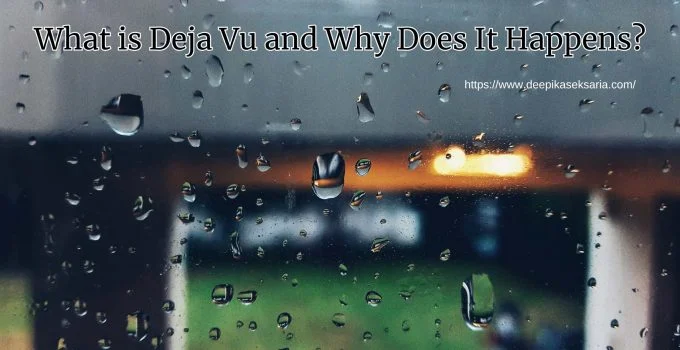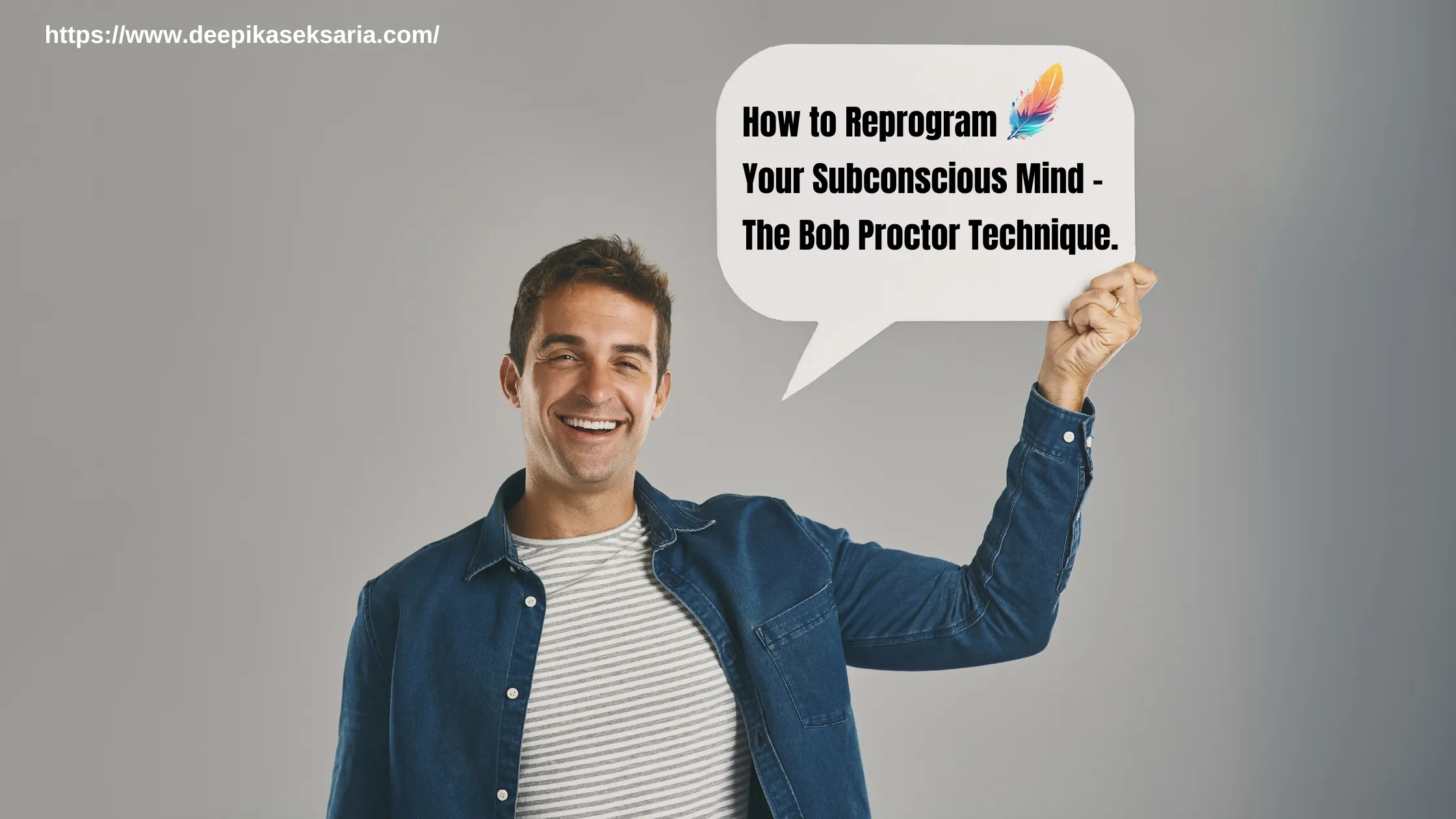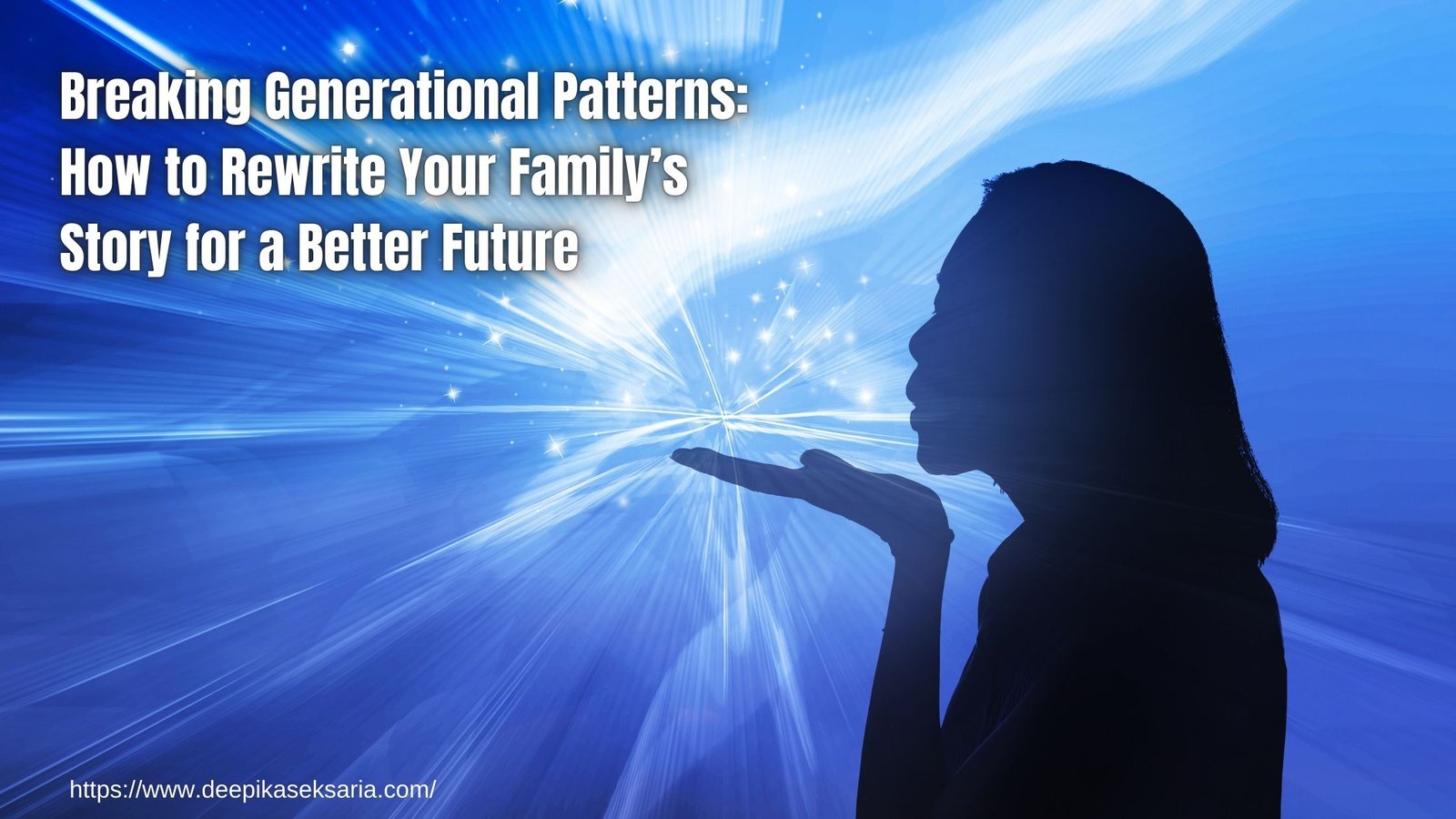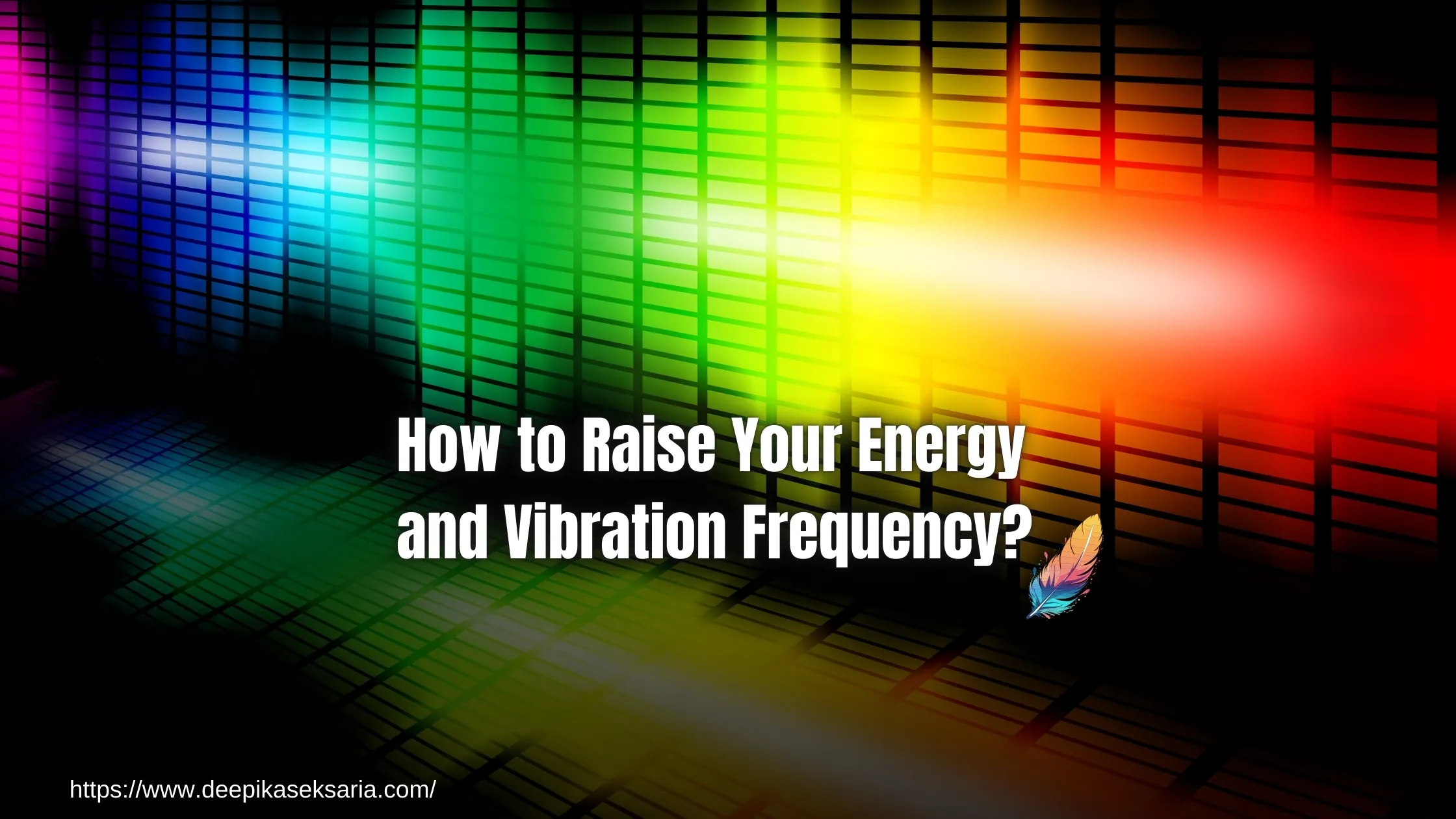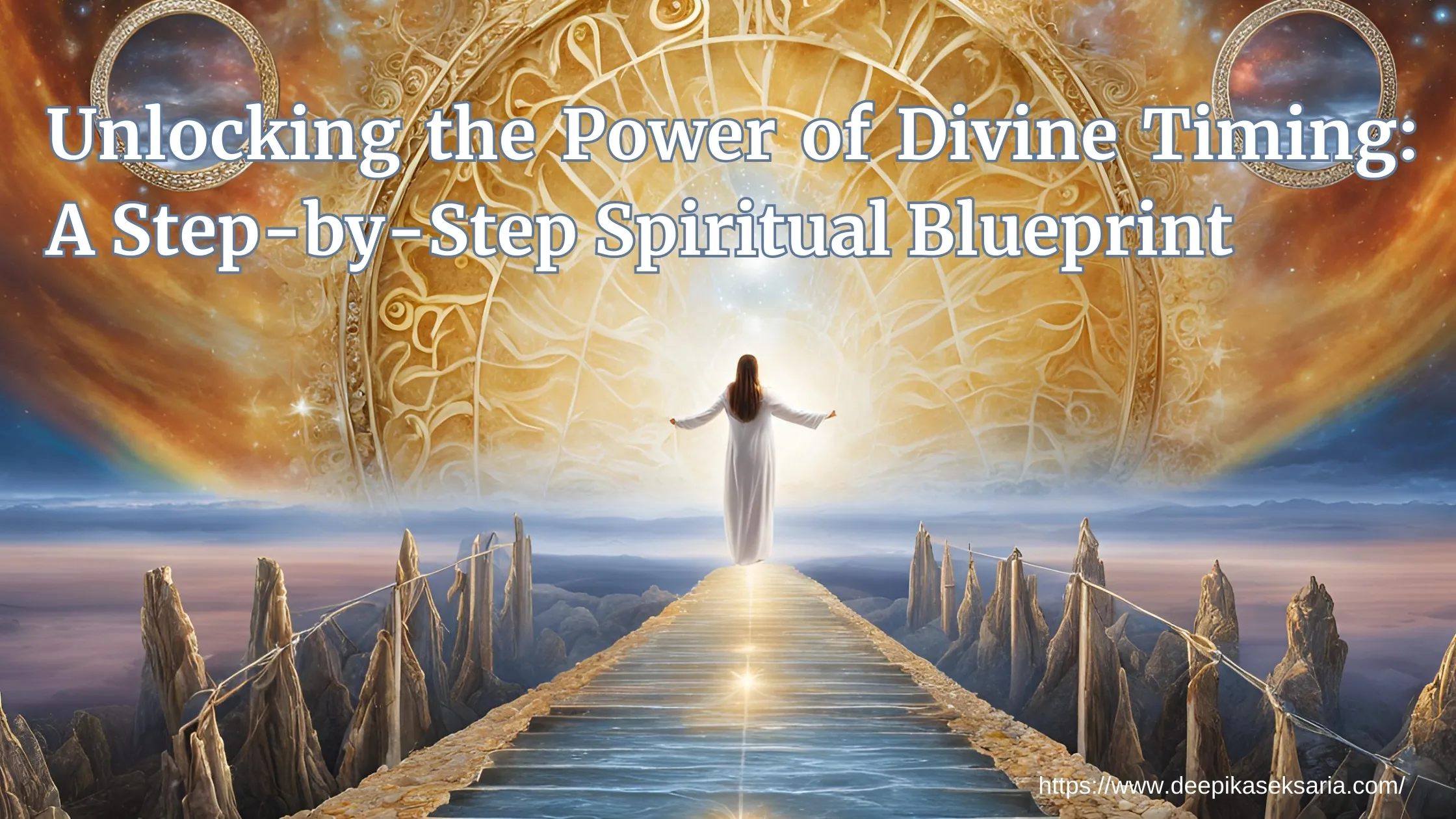Deja vu is a feeling of having seen something you’re currently seeing or experiencing, but knowing you haven’t actually seen it, which is why it often catches people off guard. Two streams of consciousness colliding is supposed to be the same as a minor brain “glitch” Literally translated from French, the expression means “seen already.
Even though déjà vu is a very common occurrence, little research has been done on it. According to what we currently understand, the causes of déjà vu in people without psychosis or temporal lobe epilepsy fall into four categories: attentional, memory, dual processing, and neurology.
What is déjà vu?
You’ve probably experienced this feeling: you’re engaged in a conversation or other activity when all of a sudden, you’re overcome with the conviction that you’ve already completed this particular task, even though you are aware that it is not possible.
“Déjà vu is a false sense of familiarity,” claims Dr. Khoury. Your brain makes you feel as though you have been in a particular situation before, but you are unable to recall it from memory or recognize the real circumstance.
Describe the sensation of déjà vu
As a “subjectively inappropriate impression of familiarity of a present experience with an unknown past,” Dr. Vernon Neppe described déjà vu in 1983. In layman’s words, that means that when you have déjà vu, you feel as though you could not possibly be experiencing it.
According to Dr. Khoury, “there is typically a discrepancy between the sense of familiarity and the fact that the situation should not feel familiar.”
It’s not familiar like riding the same bus route every day and becoming used to the landscape. Deja vu, on the other hand, is the sensation of having had the same conversation or going through a particular situation in the past even though you are aware that it has never happened before.
What causes déjà vu to happen?
Even if you are not a magician, your brain creates an illusion when you get déjà vu. This is believed to occur when two areas of your brain aren’t communicating properly.
Dr. says that déjà vu is brought on by faulty connections in the areas of your brain involved in memory recall and familiarity.
People between the ages of 15 and 25 are particularly susceptible to déjà vu. As we get older, we tend to have less of the feeling.
On each side of your head, directly over your temples, are two temporal lobes. They significantly contribute to your ability to:
- Name the words.
- Keep in mind the places you’ve been.
- Identify individuals.
- Language comprehension.
- Recognize the feelings of others.
The hippocampus, which supports many of these operations and is in charge of storing your short-term memories, is located in each temporal lobe. Your hippocampus and nearby brain tissue may occasionally be triggered, such as during some types of seizures, resulting in memory events like déjà vu.
How Does Déjà Vu Happen?
The sensation of déjà vu is thought to be the outcome of the collision of two distinct awarenesses: the consciousness of a current circumstance and the conviction that this memory is unreliable. The fact that the individual is aware of their lack of prior exposure is an essential element.
Occasionally, what occurs is really a case of split perception, when someone is processing a sight twice because they may have been preoccupied or had their eyesight obscured for some other reason.
The second perception, which occurs right after the first one, is the one that is consciously felt, but because we are unaware of the previous perception, which we only partially processed, the second perception feels foreign.
Types of Déjà Vu
Even though persons with healthy brains and those with neurological disorders experience déjà vu in the same way, different things in the brain happen during each of these types.
When compared to those who don’t, individuals who do it more frequently exhibit less gray matter.The brain’s outermost layer, known as gray matter, is in charge of regulating emotions, memory, and movement. A brain typically functions better the more gray matter it has.
The hippocampus, parahippocampal gyrus, and temporal neocortex—regions connected to the formation and storage of memories—are impacted in people with neurological problems.
abnormalities in the emotional circuitry are identified in “healthy” people who experience déjà vu, whereas abnormalities in the memory circuitry have been seen in people with epilepsy and déjà vu.It’s believed that déjà vu may be caused by aberrant signals in the medial temporal lobe, which controls how memories are processed, especially visual memories.
Conditions such as these could cause people to have more déjà vu than individuals with a healthy brain.
- Schizophrenia
- Epilepsy
- Anxiety
- Vascular dementia
There are actually many more of these phenomena, but déjà vu is the one that is most usually used to describe these experiences.
What Causes the Déjà Vu Feeling?
Even though déjà vu is typically not an indication of anything serious, such as a mental disorder, there are several potential factors that you might want to be aware of if the occurrences are unsettling you.
People frequently describe experiencing déjà vu when they are worn out, anxious, or both. This is assumed to be the case because stress and exhaustion frequently have an impact on both long- and short-term memory.
It has been suggested that excessive dopamine may play a role in déjà vu sensations. Dopamine levels were shown to be higher in mouse models of temporal lobe epilepsy, according to studies on the condition.
The usage of the anti-flu drugs amantadine and Proin (phenylpropanolamine) is one peculiar reason for déjà vu. A case study describes a guy who used this combination of drugs to treat a flu infection and started having many déjà vu episodes every hour, which stopped when he stopped taking these drugs.
Both of these drugs have the ability to lessen flu symptoms and affect the dopamine system. It is believed that these déjà vu events were brought on by too much dopamine in the system. According to epilepsy research, the hippocampus and other brain regions are connected to symptoms of dysmnesia (impaired memory).
Should I Visit a Physician for Déjà Vu?
Because it affects the temporal lobe of your brain, which is where vision is interpreted, epilepsy is the neurological illness that is most frequently linked to déjà vu. There are many different kinds of seizures, but simple partial seizures—also called focal onset conscious seizures—are the ones that are most frequently linked to déjà vu episodes.
Most healthy people who experience déjà vu report only a brief moment of uncertainty as the worst effect. To be tested for epilepsy or any other neurological problems, you might wish to see a neurologist if you frequently have déjà vu (a few times per week or more).
Occasionally feeling like “I’ve been here before” is probably nothing to be concerned about. It’s time to contact a doctor if you start having déjà vu more frequently than that, though. If you experience déjà vu, schedule a consultation with a doctor.
Don’t let a persistent or unsettling déjà vu bother you. It’s crucial to speak with your doctor or visit a neurologist directly if you are unsure about the source of your déjà vu.
[/fusion_text][/fusion_builder_column][/fusion_builder_row][/fusion_builder_container]A quick overview of the topics covered in this article.

